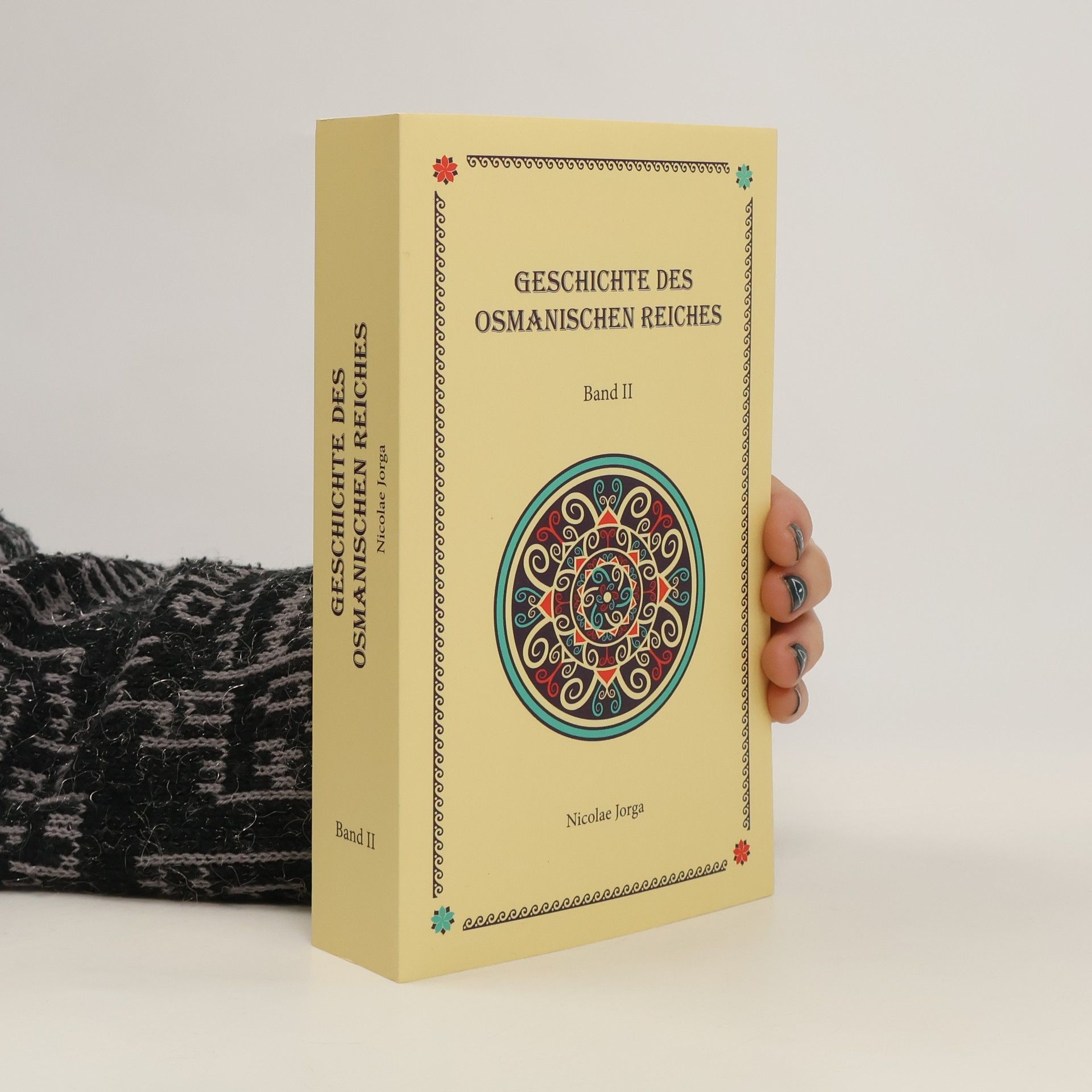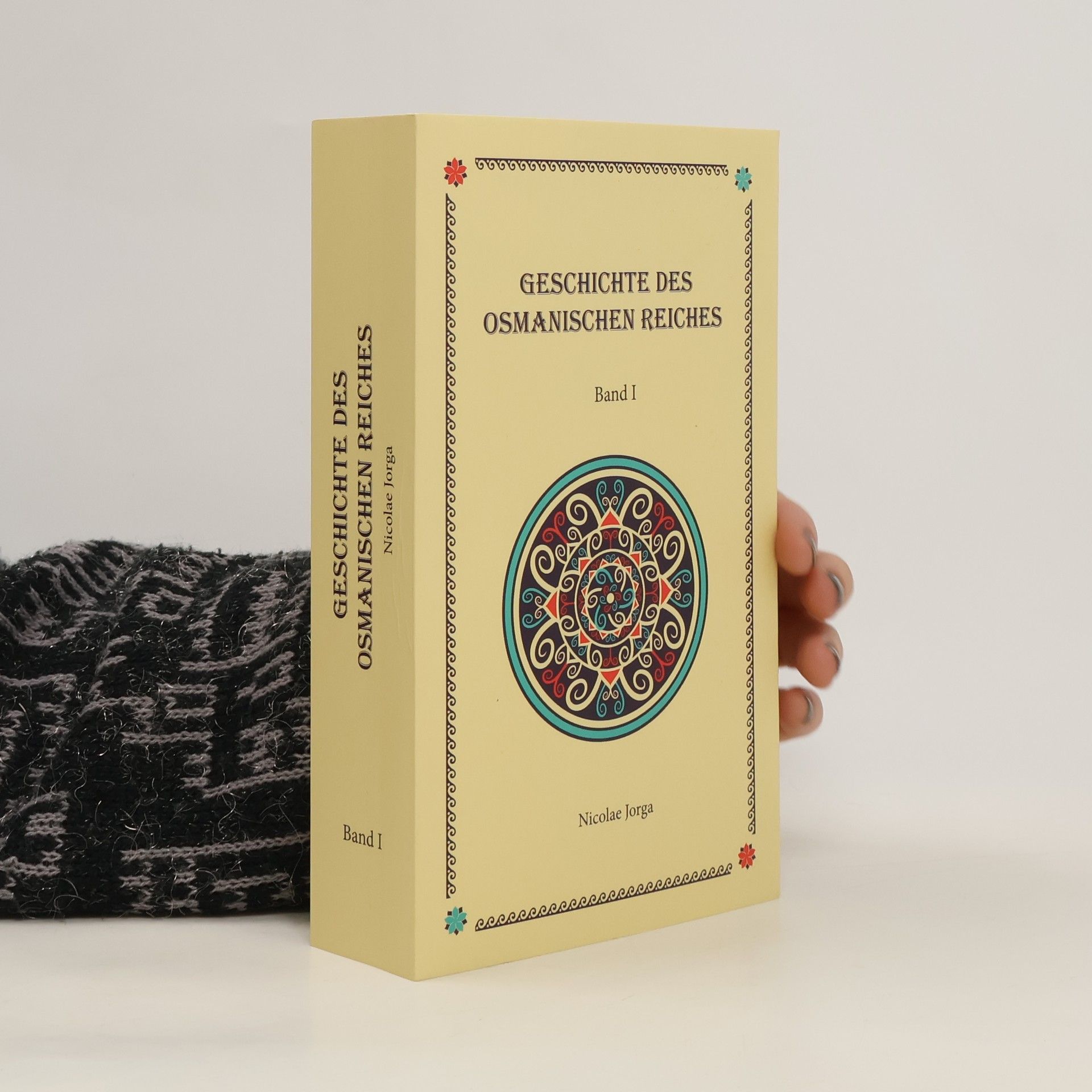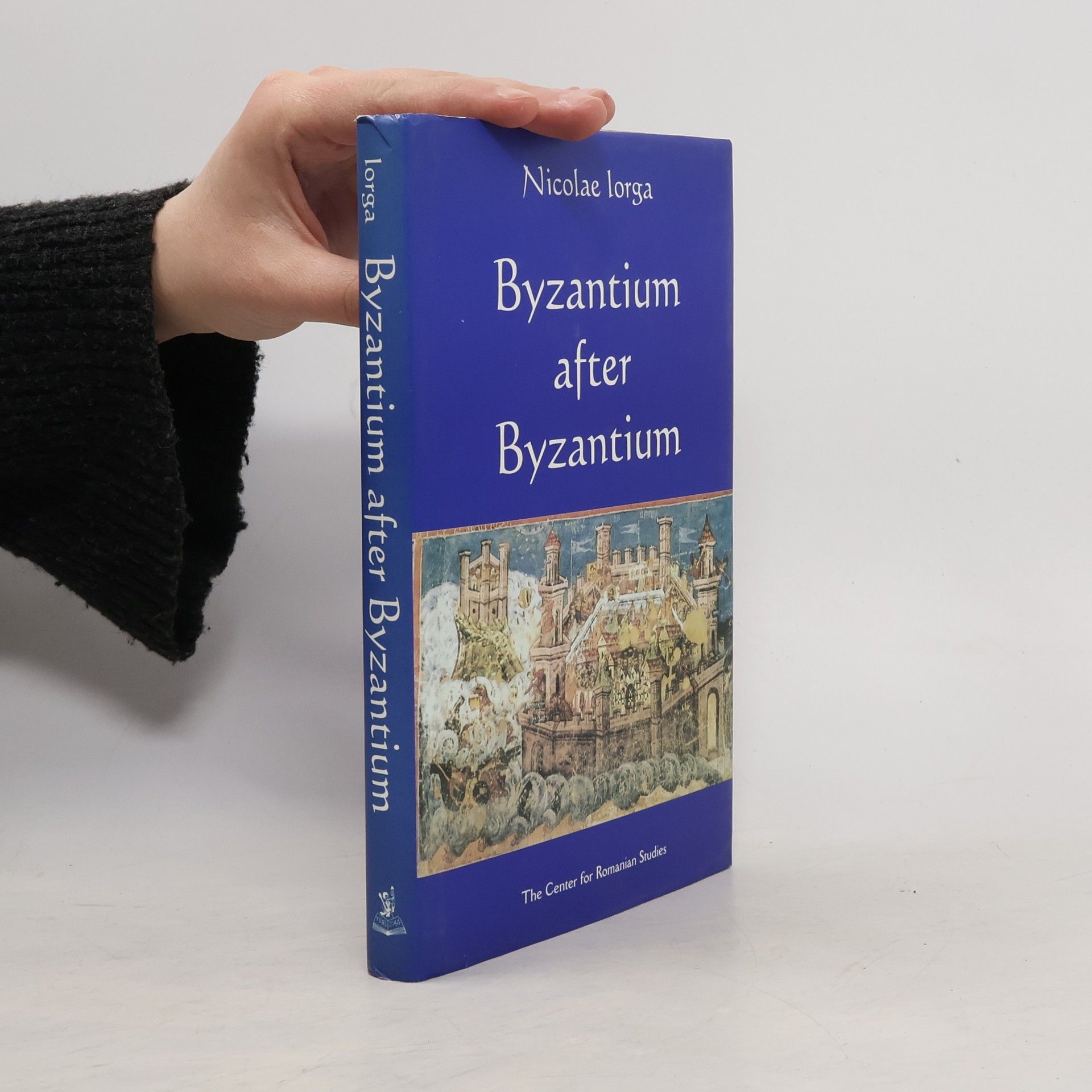Byzantium After Byzantium
- 256 pages
- 9 hours of reading
Originally published in French in 1935, the author's formula Byzantium after Byzantium defines several centuries of world history. Iorga points out the great contributions of Byzantine civilization to the Western world, especially during the Renaissance. He demonstrates that Byzantium survived through its people and local autonomies, as well as through its exiles--clerics, scholars, merchants, and political officials. One of the most important expressions of this was found in the Romanian principalities where Greeks from the Phanar district of Istanbul played a major role in Romanian political life, defining an entire period of Romanian history--the Phanariot Period. They continued the Byzantine ideas, aspirations, education, and way of life. All of this allows us to speak of a Byzantium after Byzantium.




